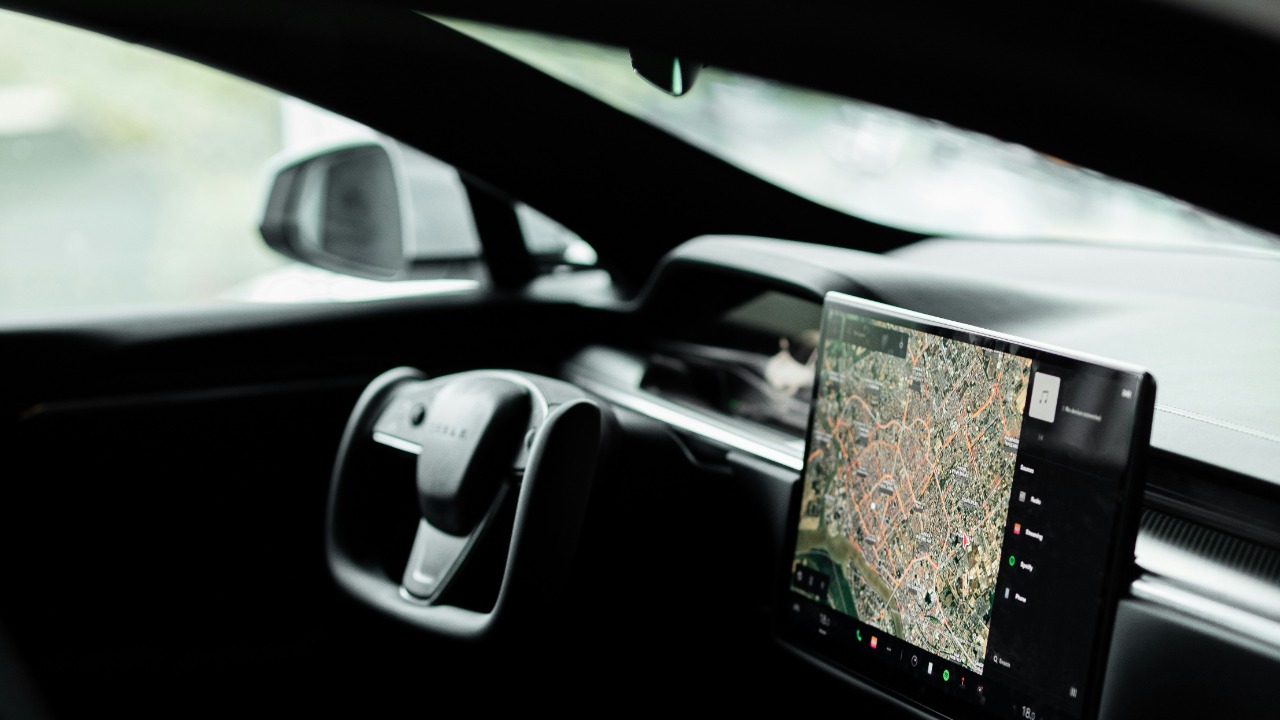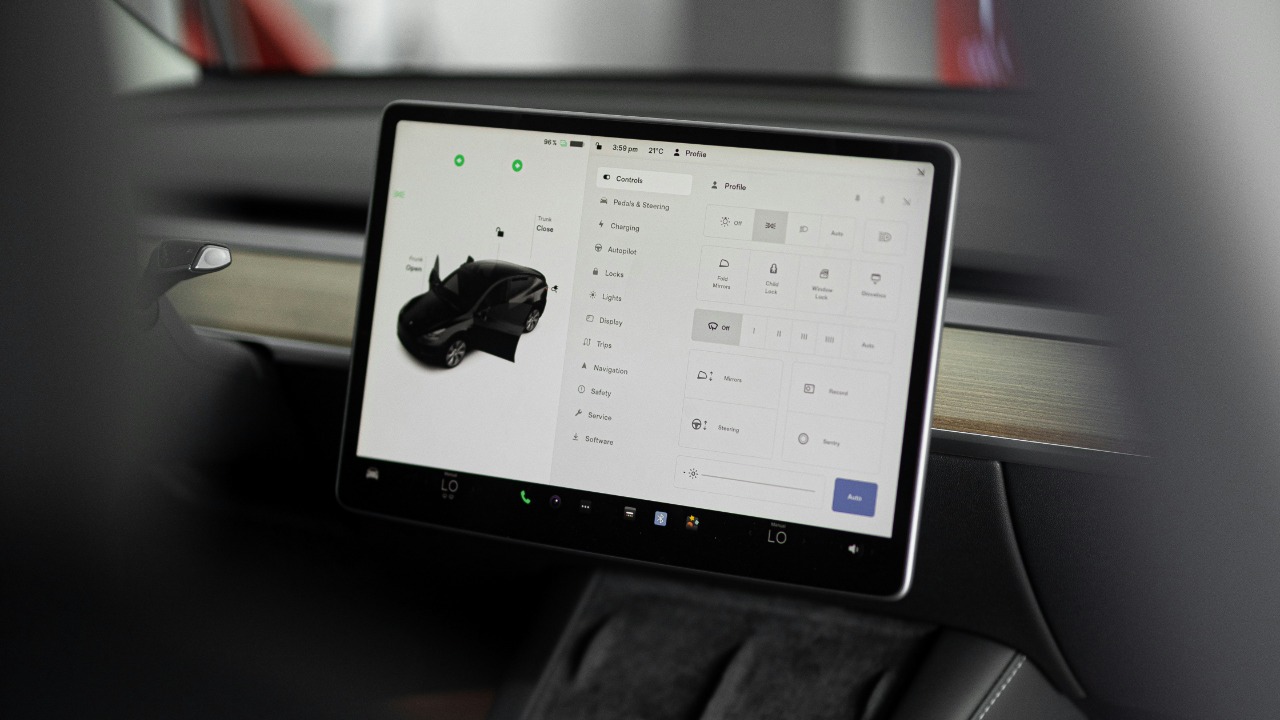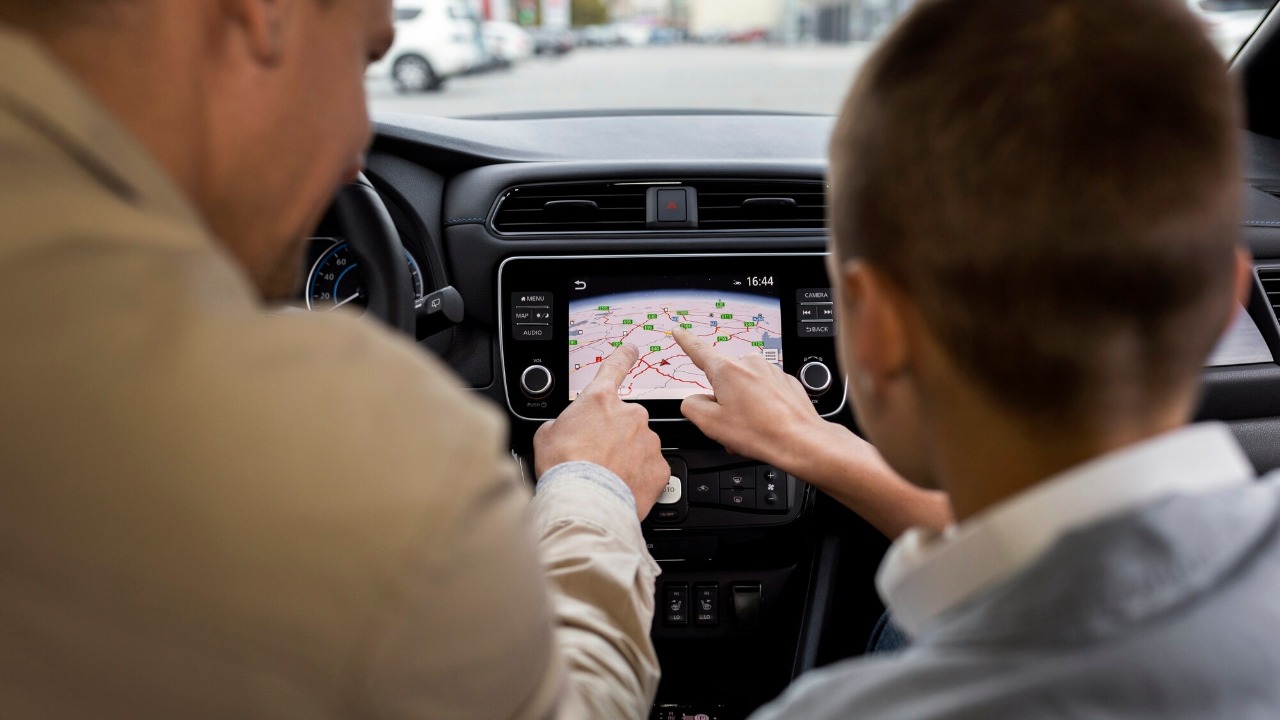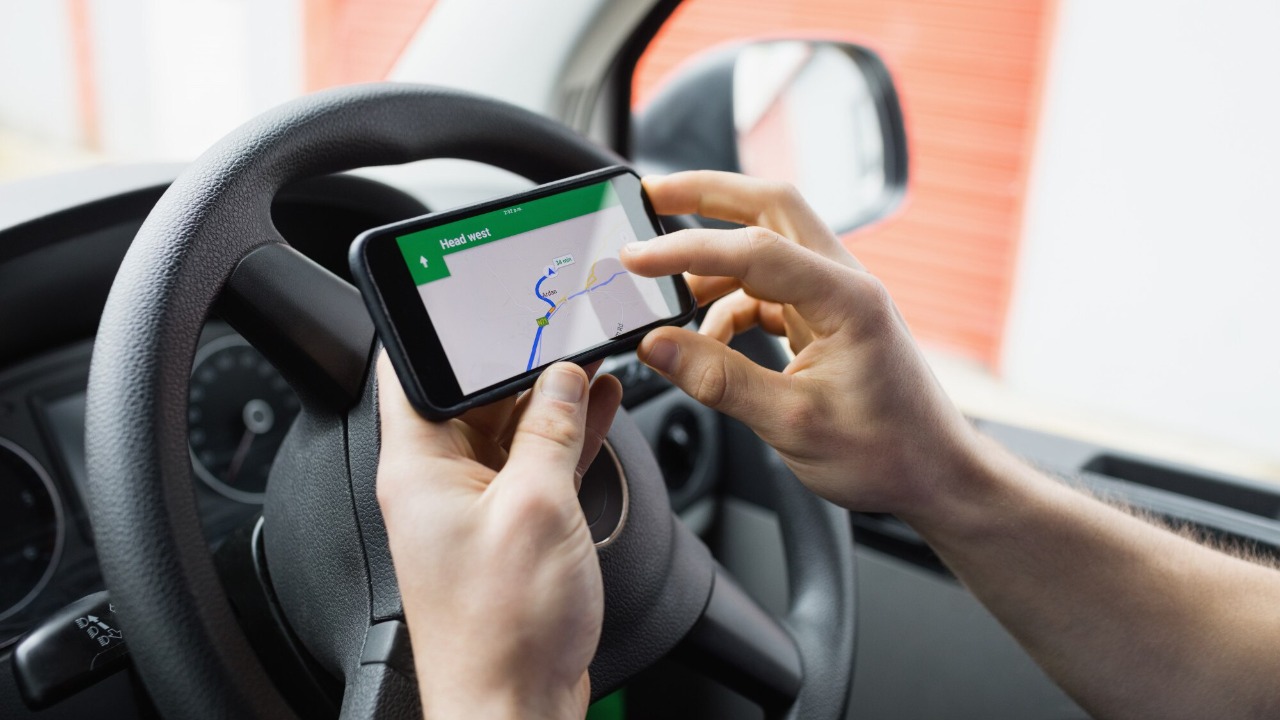In recent years, dealer-installed GPS systems have become a common add-on offered by car dealerships. While they promise convenience and enhanced tracking features, these systems can come with hidden drawbacks that consumers need to be aware of. Opting out of a dealer-installed GPS might be the better choice for car buyers.
Hidden Costs and Fees

One of the most significant drawbacks of dealer-installed GPS systems is the hidden costs that can emerge after the initial purchase. Many consumers have reported unexpected charges, such as activation fees or monthly service costs, that were not clearly disclosed at the time of sale. According to a report on Yahoo Autos, a Toyota customer discovered an unexpected monthly fee tied to the GPS system installed by the dealership, leading to frustration and additional financial burden.
The lack of transparency around these hidden costs is a common complaint among car buyers. Often, dealerships fail to provide clear information about the total cost of owning and maintaining a dealer-installed GPS system. This lack of upfront disclosure can mislead consumers into believing they are receiving a comprehensive package, only to be hit with additional fees later. Such practices emphasize the importance of asking detailed questions and reading the fine print before committing to any add-on services.
Potential Privacy Concerns

Privacy issues are another significant concern when it comes to dealer-installed GPS systems. These systems are designed to track your vehicle’s location, which raises questions about who has access to this data and how it might be used. Studies such as those published in IEEE papers have explored the potential for misuse of GPS data, highlighting the risks associated with unauthorized access or sharing of personal location information.
Moreover, the data collected by these systems is often accessible to third parties, including the dealership and potentially other entities involved in the system’s operation. This raises concerns about how securely this data is stored and who might have the authority to access it. In an era where data privacy is paramount, the potential for your vehicle’s movements to be monitored by parties beyond your control is a serious consideration that should not be overlooked.
Technical Limitations and Compatibility Issues

Dealer-installed GPS systems can also suffer from technical limitations that might not be immediately apparent. One common issue is the integration of these systems with the car’s existing technology. Many vehicles come equipped with sophisticated infotainment systems, and adding an aftermarket GPS can sometimes lead to compatibility issues. This can result in malfunctions or the inability to utilize certain features of the car’s original technology.
Furthermore, technology in dealer-installed GPS systems may not always be the most current. As noted in a technical publication by SAE International, the technology used in these systems can lag behind aftermarket alternatives, which often offer more advanced features and regular updates. This can leave consumers with a system that quickly becomes outdated, lacking the enhancements and improvements that are available with standalone or smartphone-based solutions.
Consumer Rights and Autonomy

Despite the potential drawbacks, some dealerships may pressure buyers into accepting dealer-installed GPS systems as part of their purchase. However, it’s important to understand that consumers have the right to refuse such add-ons. According to the Federal Trade Commission, car dealerships cannot charge for add-ons that the consumer does not want, highlighting the importance of being firm in negotiations and understanding your rights as a buyer.
Opting for aftermarket GPS solutions instead of those installed by the dealer can offer consumers greater customization and control. These systems often provide more options for personalizing features and managing data, allowing car owners to tailor their GPS experience to their specific needs and preferences. This autonomy can be crucial for those who value control over their vehicle’s technology and data privacy.
Alternatives to Dealer-Installed GPS Systems

For those considering alternatives to dealer-installed GPS systems, aftermarket options present a compelling choice. These systems often come at a lower cost and offer advanced features not typically found in dealer-installed versions. They can provide flexibility in terms of installation and integration, allowing car owners to select the technology that best fits their needs.
Another viable alternative is the use of smartphone GPS applications, which are becoming increasingly sophisticated. Apps like Google Maps and Waze offer reliable navigation and are regularly updated with new features and improvements. These apps can be a cost-effective and flexible alternative to traditional GPS systems, providing real-time traffic updates and route optimization without the need for additional hardware. Additionally, smartphone apps can be easily updated, ensuring users always have access to the latest technology and features.